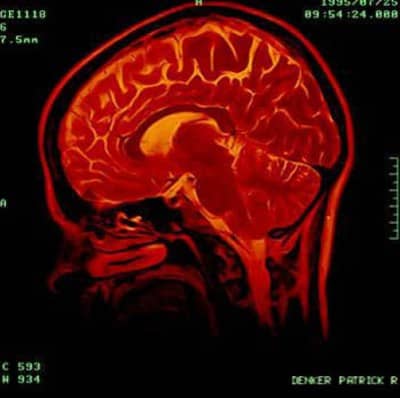
In a recent survey, I was asked about whether there have been any studies about the impact of grief on the brain. Current research on the brain is exploding with new revelations emerging everyday about how the brain responds and functions. I was curious too so I went exploring and this is what I found…
Question: “I am always looking if there has ever been a study of brain changes or patterns of when you loose a child or a loved one. and why.”
Answer: Given what we know about the brain at this point, I think we can make the assumption that grief undoubtedly has a profound impact on the brain…chemistry and structure. Unfortunately most of what’s being reported as “research” is highly biased from initial hypothesis on, so none of it is terribly helpful (IMHO).
There was one study recently showing that the pleasure center of the brain gets activated in those experiencing complicated grief. The pleasure seems to be in thinking about the person who died but I find it curious that it doesn’t hold true for uncomplicated grief. This was a very small sample so I’d say more research is needed.
More research has actually been done on resilience and stress. The most interesting at this point is related to the hippocampus which appears to be more vulnerable to stress than other parts of the brain. Current research is suggesting this has a strong connection to post traumatic stress disorder though whether as a cause or as an effect remains unclear.
The good news running through all the research is that the brain appears to be hardwired for resilience, but a lot more research needs to be done to understand the whys and wherefores especially as it relates to grief.
As interesting as brain research is, and it is fascinating, it doesn’t much change what we know about grief and how to treat it. Grief has been studied and observed for centuries and is as much a part of the human condition as the capacity to love. Even though we may not understand the biology and brain science, we do understand how it is experienced, what it does and why it exists (essentially it is programmed into us as a healing mechanism).
I would expect brain research will eventually identify the biological impact of grief which will help us deal with it more effectively especially when it comes to treating grief that’s running amok which it is estimated to do about 20% of the time.
Photo Credit: Patrick Denker